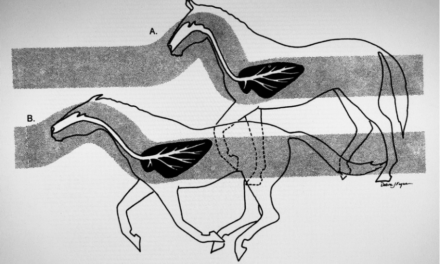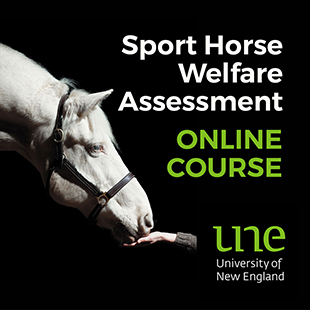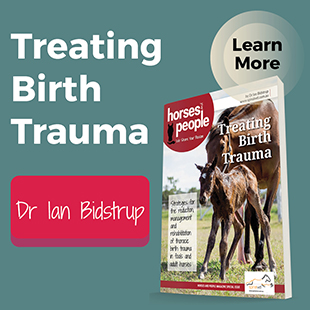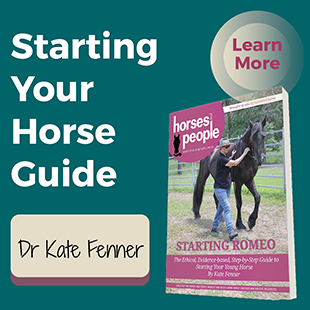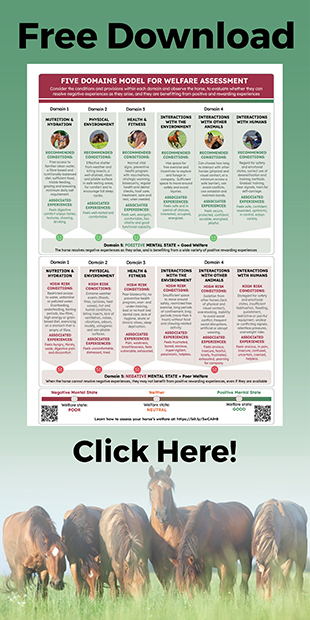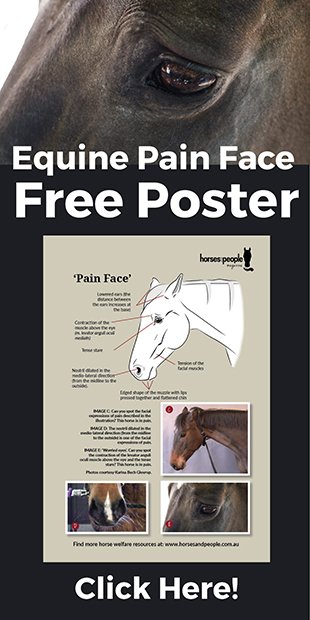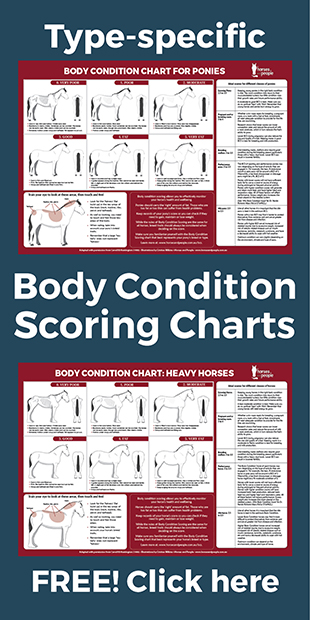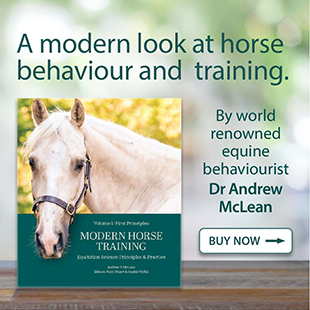The joint position paper by the members of the Federation of Veterinarians of Europe (FVE) emphasises the critical importance of understanding animal behaviour and training for promoting the welfare of dogs, cats, and horses. Adopted unanimously by the FVE General Assembly in June 2024, the document outlines compelling relationships between animal training methods and the welfare of animals.
Training and handling methods that can cause significant feature prominently in the position statement. The document stresses the need for veterinary professionals and caretakers to be educated to recognize species-specific behaviours and needs. They state the need to integrate a Five Domains Model approach to welfare assessment, and stress the importance of adequate socialization, habituation, and humane training techniques, in preventing stress-related behaviours that compromise welfare.
Understanding Stress and Behavioural Indicators
An essential focus of the position paper is the understanding of stress in animals, specifically noting that behaviour indicative of stress should never be accepted as normal. The FVE emphasizes that even subtle signs of stress or discomfort in animals, (and which are common in horses due to their status as a prey species), can signal significant welfare issues.
Veterinarians and caretakers are urged to educate themselves on normal and abnormal behaviours, as well as behaviour modification techniques that follow the principles of learning theory. Acknowledging that even minor behavioural changes can indicate significant underlying problems, the paper encourages all involved in animal care to adopt a vigilant and informative approach.
Key Recommendations to Enhance Animal Welfare
The position paper outlines 14 critical recommendations aimed at improving the welfare of animals, particularly focusing on preventive medicine, training methods, and handling techniques. Some notable recommendations include:
- Preventative Behavioural Medicine: Veterinary professionals should educate pet owners about normal species-specific needs and behaviours, and provide advice on initial acquisition, socialization, fear-free handling.
- Humane Training Practices: Strong advocacy for evidence-based training methods that emphasize reward-based techniques over positive punishment. The document calls for a complete ban on electric shock collars for dogs and other painful training devices for all animals, including horses.
- Behavioural First Aid: Veterinarians are encouraged to recognize and address undesirable behaviours effectively, not merely as issues to be suppressed but as signs of potential underlying problems that need investigation.
- Equine Welfare Focus: Specific guidelines for horse handling and training are vital, including allowances for social contact, adequate grazing, and the necessity for horses to express natural behaviours in environments that suit the species.
- Subtle Stress Indicators: All stakeholders, including veterinarians and caretakers, must learn to identify both, acute and subtle behavioural indicators of stress and pain in animals, rejecting the notion that certain stress-related behaviours are simply “part of their character.”
- Education and Training Standards: Establishing and supporting the accreditation of animal behaviourists and trainers to ensure that those practicing adhere to humane, effective standards.
- Collaboration Among Professionals: Veterinarians, animal behaviourists, and trainers should work collaboratively to create comprehensive care strategies that safeguard animal welfare.
As the paper underscores, addressing animal behaviour is not just about ensuring obedience or performance; it is about safeguarding the physical and emotional wellbeing of the animals. The call to action implores veterinarians and animal caretakers alike to adopt practices that prevent stress and promote a healthy, fulfilling life for dogs, cats, and especially horses.
The recommendations set forth in this position paper serve as a vital reminder of the interconnectedness of behaviour, training methods, and welfare for domesticated animals. With a focused approach to education and humane practices, the statement aims to ensure that the welfare of companion animals remains a priority and aligns with the latest understanding of their species-specific needs. By recognizing the subtle and acute signs of stress and refusing to accept them as ‘normal’ (however common they may be), we can cultivate a space where animals can thrive physically and emotionally in our care.
For more information, the complete joint position paper is available here.









